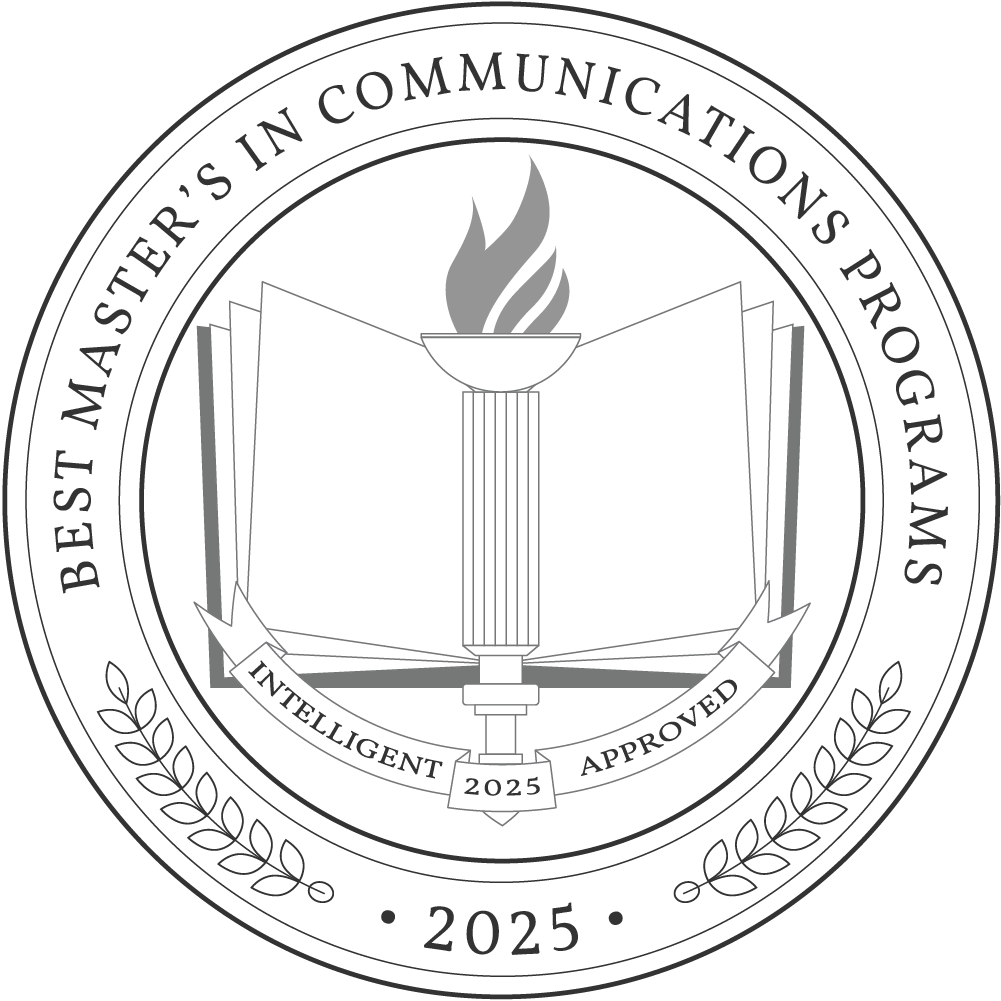Embarking on a master’s in communications opens doors to career opportunities in a rapidly evolving media landscape. An MA or MSc program covers a diverse curriculum encompassing strategic communication, media analytics, digital marketing, crisis communication, and global perspectives. It prepares students for leadership roles such as public relations manager, with a median salary of $125,620 a year, or technical writer, with a median annual salary of $79,960.
The program typically takes one to two years for full-time completion. Costs vary widely, with public university tuition averaging $12,394 and private nonprofit university tuition averaging $28,445. The investment equips graduates with advanced communication skills and strategic insights, positioning them for impactful careers in the dynamic field of communications.
Why Trust Us
The Intelligent.com Higher Education Team is dedicated to providing students with independent, equitable school and program rankings and well-researched resources. Our expert-driven articles cover topics related to online colleges and programs, paying for school, and career outlooks. We use data from the U.S. Department of Education’s College Scorecard, the National Center for Education Statistics, and other reputable educational and professional organizations. Our academic advisory team reviews content and verifies accuracy throughout the year for the most current information. Partnerships do not influence rankings or editorial decisions.
- Analyzed over 2,000 national, accredited, and nonprofit colleges and universities
- 800+ rankings pages are reviewed and updated yearly
- Content is informed by reputable sources, surveys, and interviews with academic advisors and other experts
- Over 100 data points are reviewed for accuracy and quality throughout the year, including sources
How we rank schools
Our list features the best Master’s in Communication degree programs at top colleges nationwide. Each school featured is a nonprofit, accredited institution — either public or private — with a high standard of academic quality for post-secondary institutions.
We evaluated each school’s program on tuition costs, admission, retention and graduation rates, faculty, reputation, and the student resources provided for online students. We collected data from trusted sources like the National Center for Education Statistics, individual school and program websites, school admissions counselors, and other data sources. Then, we calculated the Intelligent Score on a scale of 0 to 100 based on the following criterion:
Academic Quality:
- Admission rate versus enrollment rate
- Retention rate of students who return after year one
- Accreditation status (regional and programmatic)
- Nonprofit status, both private and public institutions
Graduation Rate
- Overall graduation rate
- Total number of currently enrolled students, including diversity metrics
- Student-to-faculty ratio
Cost and ROI
- In-state and out-of-state per-credit tuition rates and fees
- Required credits to graduate
- Earning potential after graduation
- Availability of federal student loans, scholarships, and other financial aid options
Student Resources
- Available student services for online-only and hybrid programs
- On-campus amenities like tutoring centers and the number of libraries
Read more about our ranking methodology.
Best 31 Accredited Master's in Communications
FiltersInstitution Type
Status
- Intelligent Score
- Alphabetically By University Name
- Acceptance Rate
- Enrollment
- In-state Graduate Tuition
- Out-of-state Graduate Tuition
- In-state Undergraduate Tuition
- Out-of-state Undergraduate Tuition

Johns Hopkins University
Intelligent Score: 99.41In-state: $54,160
Out-of-state: $54,160
In-state: $57,010
Out-of-state: $57,010
SAT: 1470-1560
ACT: 34-36
$1,025
On-Campus, Online
Middle States Commission on Higher Education
30
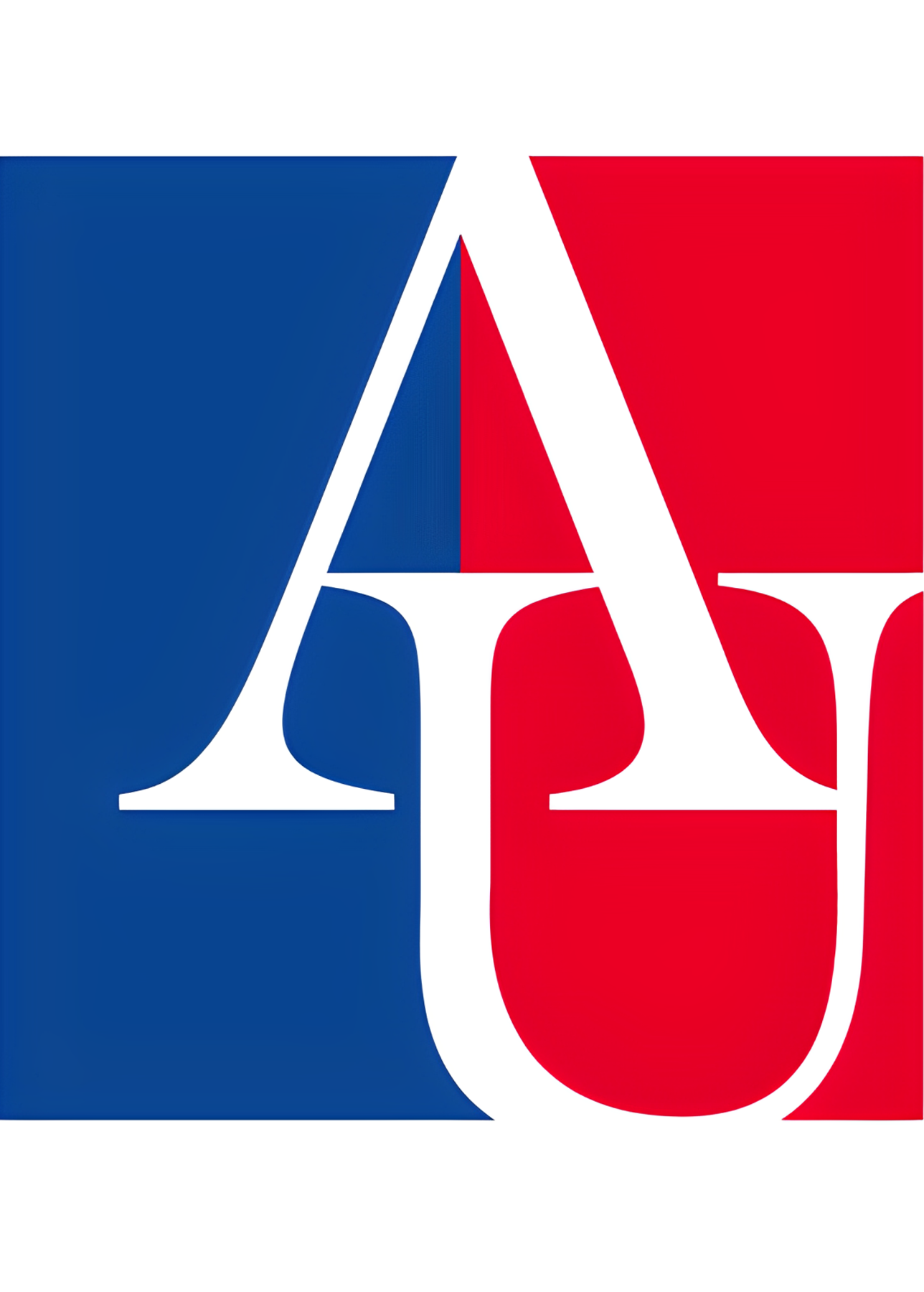
American University
Intelligent Score: 98.96In-state: $50,542
Out-of-state: $50,542
In-state: $34,533
Out-of-state: $34,533
SAT: 1220-1390
ACT: 27-32
$1,922
On-Campus, Online
Middle States Commission on Higher Education
30

Stanford University
Intelligent Score: 97.08In-state: $55,473
Out-of-state: $55,473
In-state: $54,315
Out-of-state: $54,315
SAT: 1420-1570
ACT: 31-35
$1,255
On-Campus
WASC Senior College and University Commission
30

Columbia University
Intelligent Score: 95.38In-state: $57,864
Out-of-state: $57,864
In-state: $49,024
Out-of-state: $49,024
SAT: 1460-1570
ACT: 33-35
$2,536
On-Campus
Middle States Commission on Higher Education
36
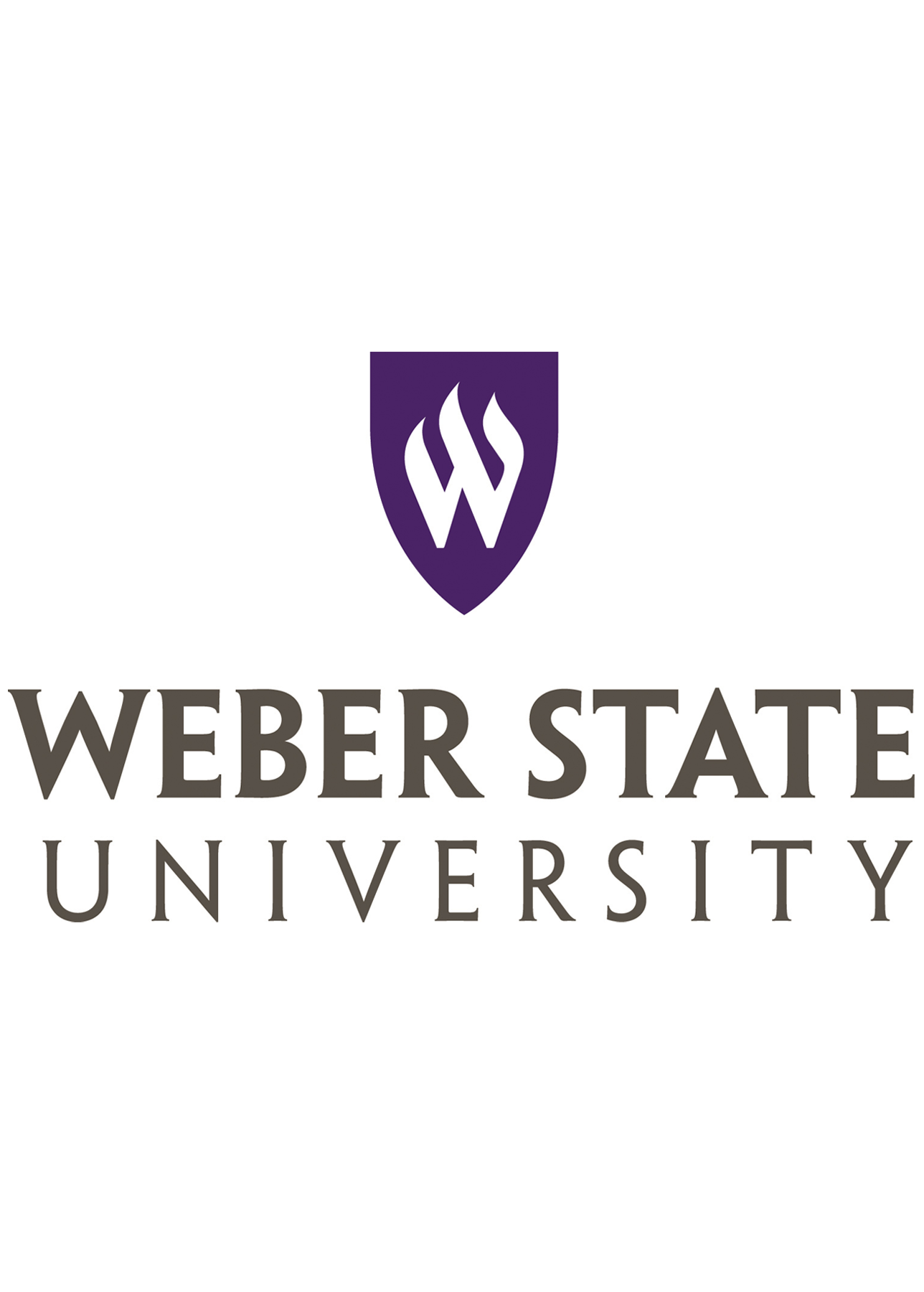
Weber State University
Intelligent Score: 93.94In-state: $5,090
Out-of-state: $15,272
In-state: $7,935
Out-of-state: $7,935
SAT: N/A
ACT: N/A
In-State: $541
Out-of-State: $1,600
On-Campus
Northwest Commission on Colleges and Universities
33
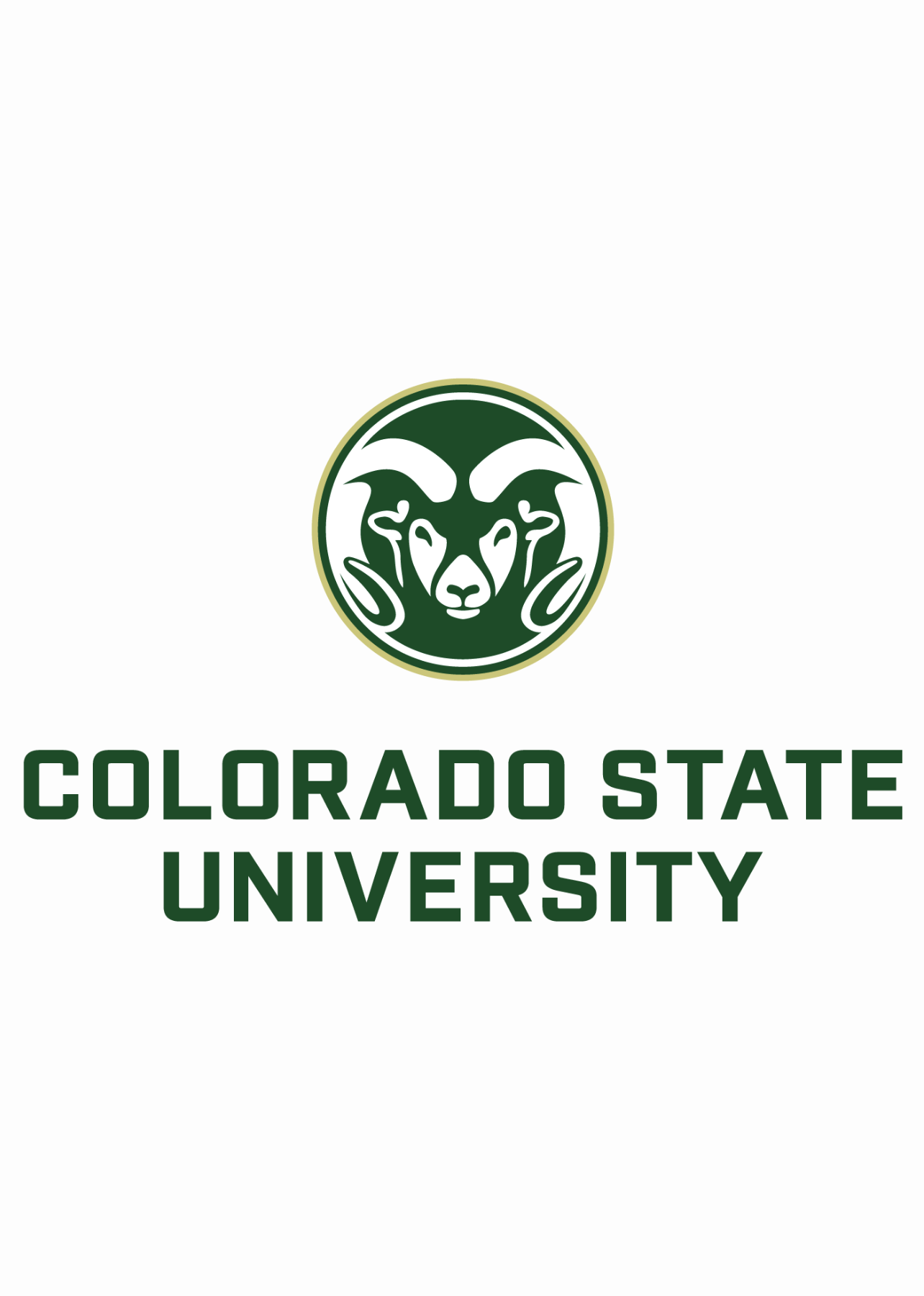
Colorado State University
Intelligent Score: 92.48In-state: $9,426
Out-of-state: $28,147
In-state: $10,520
Out-of-state: $10,520
SAT: 1070-1280
ACT: 23-29
Resident: $223 - $620
Non-Resident: $547 - $1,520
On-Campus
Higher Learning Commission
42

Northwestern University
Intelligent Score: 92.25In-state: $58,227
Out-of-state: $58,227
In-state: $56,067
Out-of-state: $56,067
SAT: 1430-1550
ACT: 33-35
$2,251
On-Campus
Higher Learning Commission
42
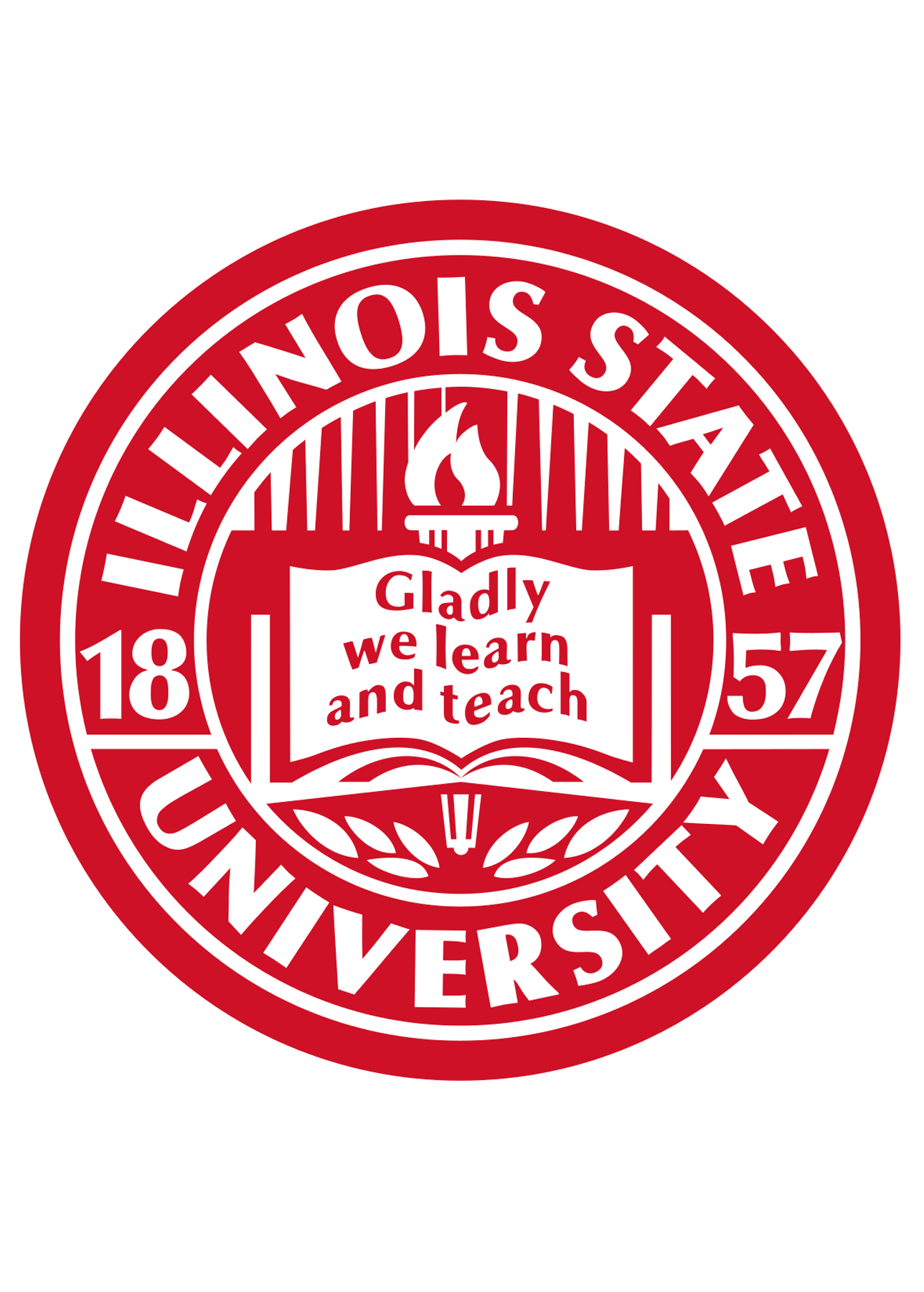
Illinois State University
Intelligent Score: 90.36In-state: $10,741
Out-of-state: $19,904
In-state: $7,892
Out-of-state: $7,892
SAT: 1020-1220
ACT: 21-26
In-State: $423
Out-of-State: $877
On-Campus
Higher Learning Commission
32-36
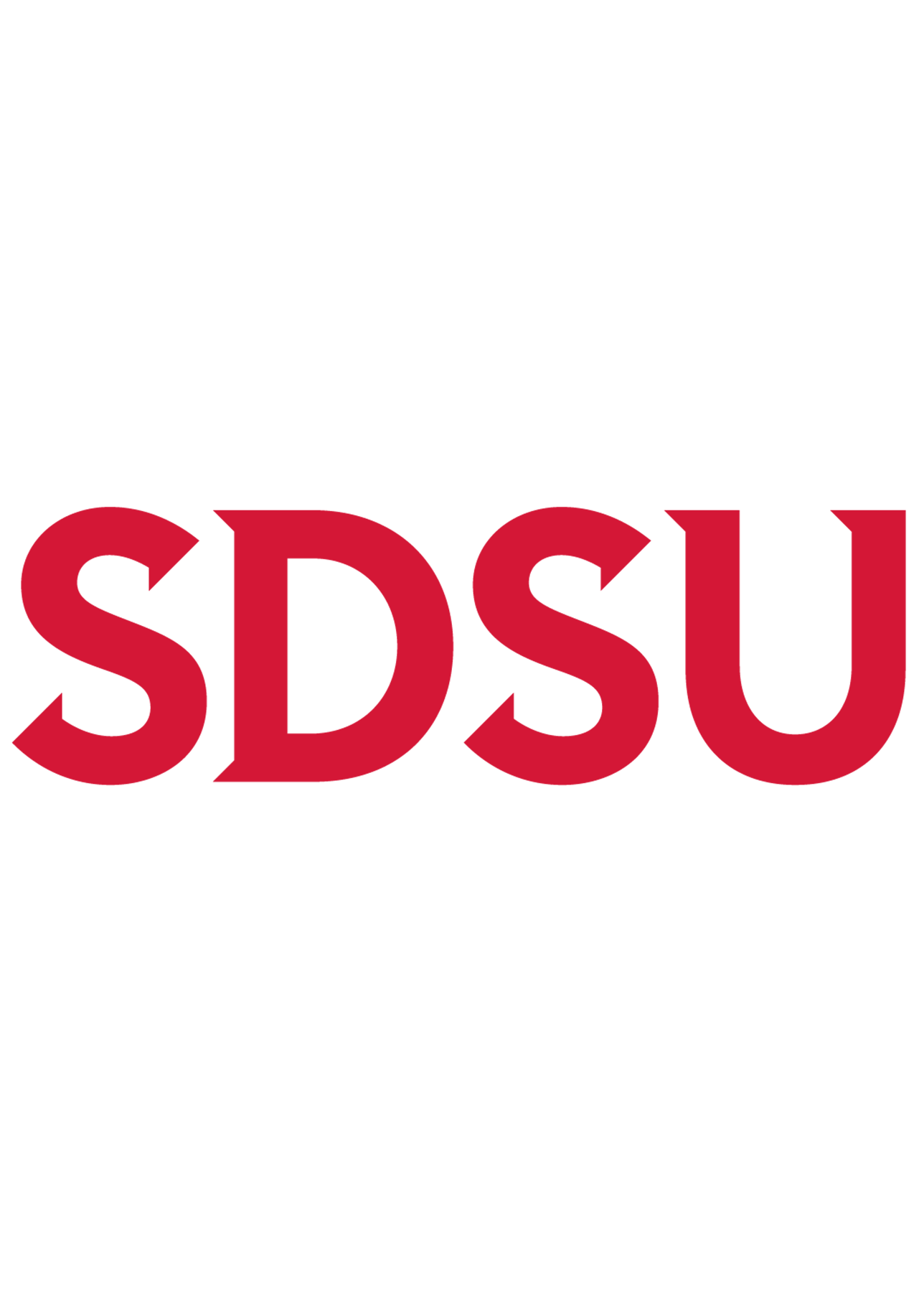
San Diego State University
Intelligent Score: 89.57In-state: $5,742
Out-of-state: $17,622
In-state: $7,176
Out-of-state: $7,176
SAT: 1090-1300
ACT: 22-29
Resident: $324
Non-Resident: $824
On-Campus, Online
Western Association of Schools and Colleges
30
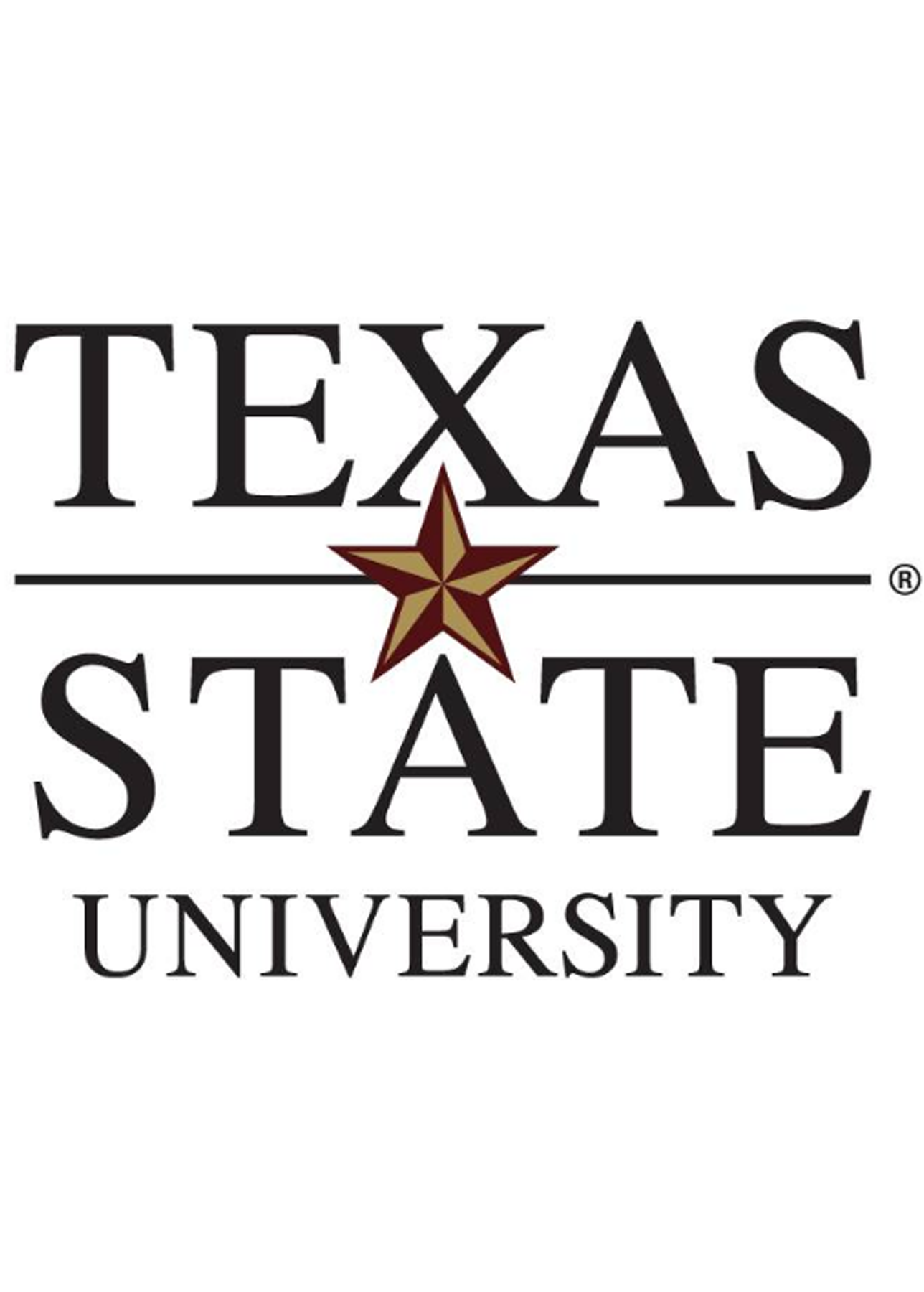
Texas State University
Intelligent Score: 88.25In-state: $8,326
Out-of-state: $19,778
In-state: $6,946
Out-of-state: $6,946
SAT: 1010-1180
ACT: 20-25
Resident: $357
Non-Resident: $777
On-Campus
Southern Association of Colleges and Schools Commission on Colleges
30-36
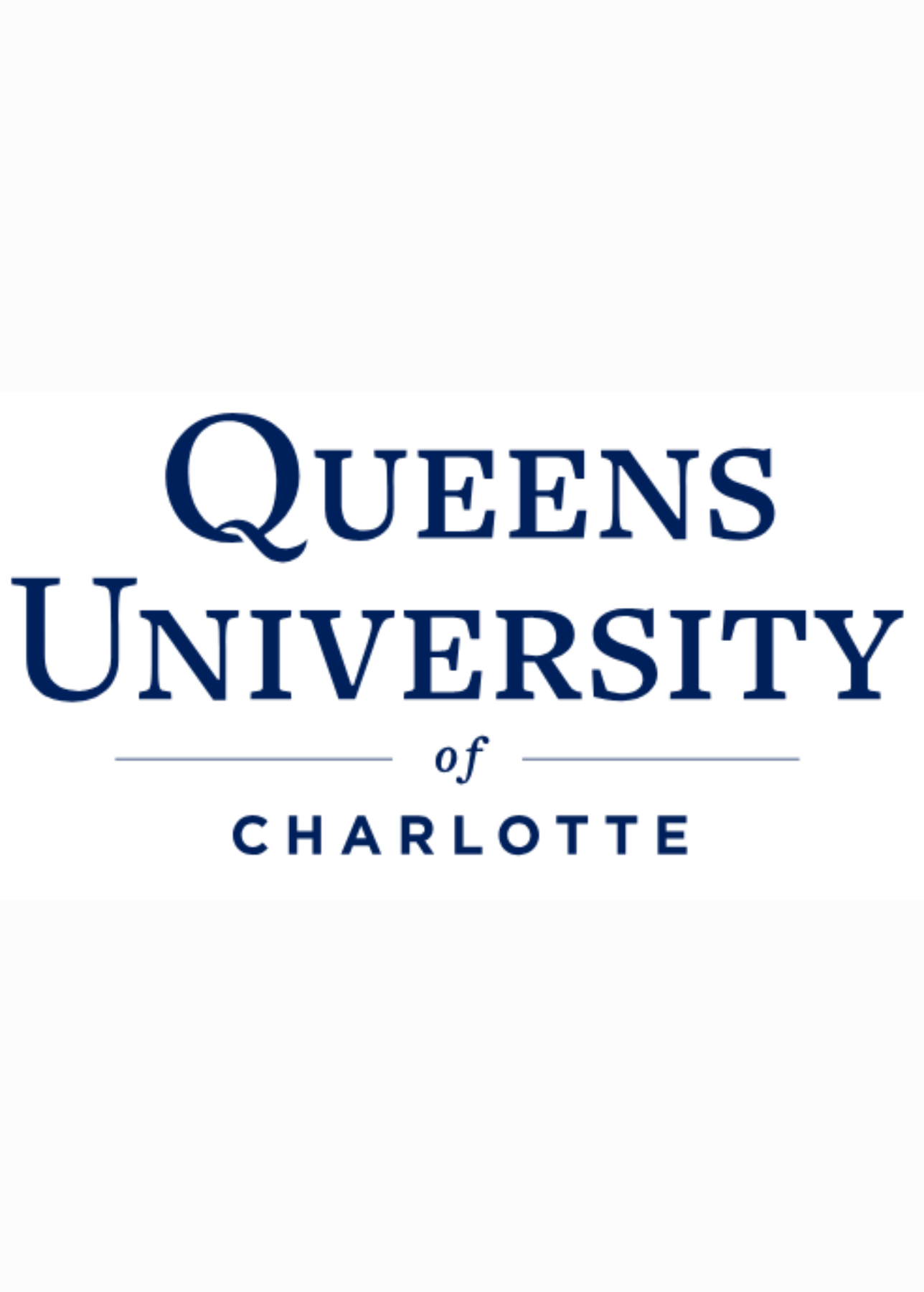
Queens University of Charlotte
Intelligent Score: 86.88In-state: $35,998
Out-of-state: $35,998
In-state: $13,956
Out-of-state: $13,956
SAT: 1040-1230
ACT: 20-27
$950
On-Campus
Southern Association of Colleges and Schools Commission on Colleges
30
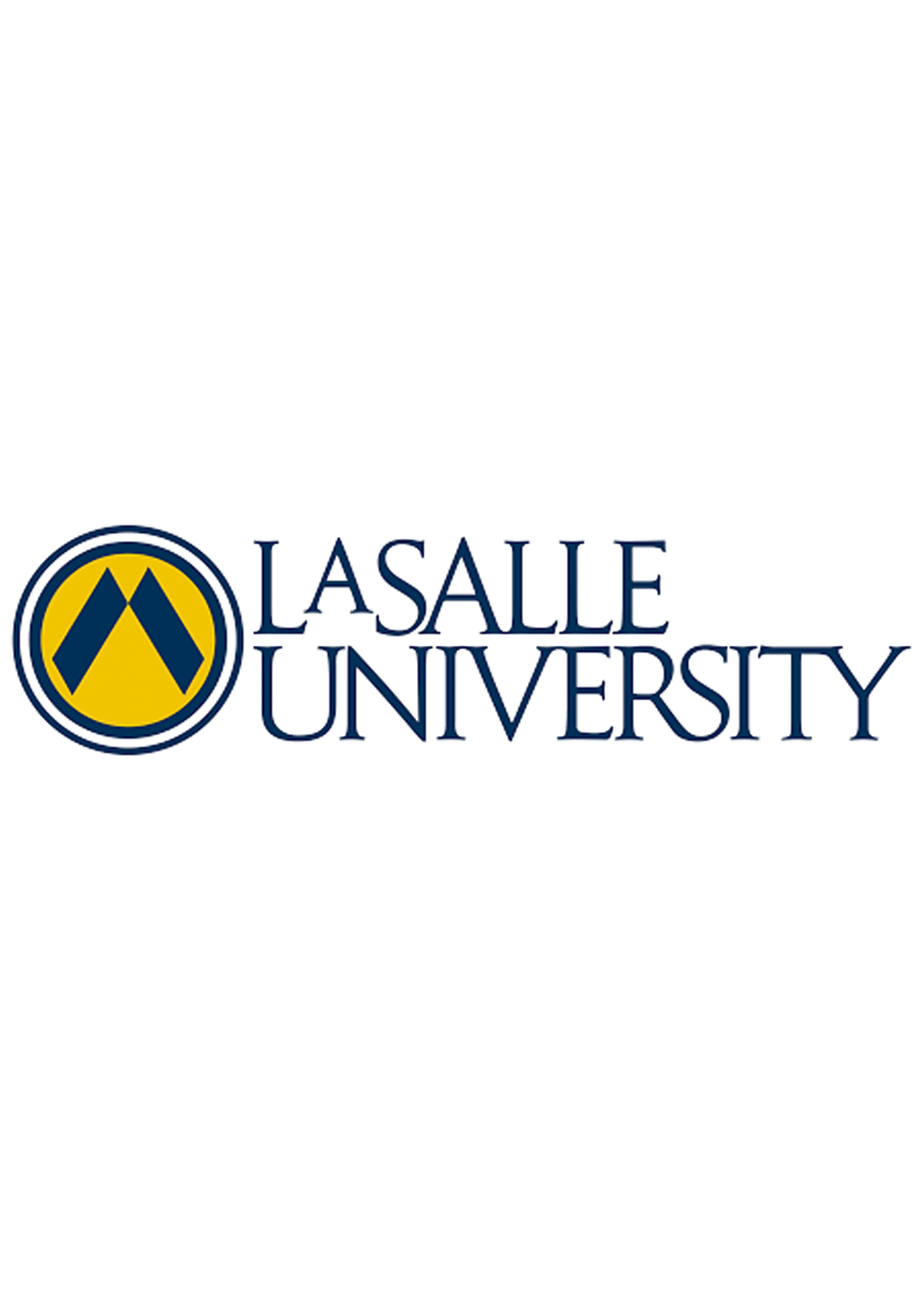
La Salle University
Intelligent Score: 86.74In-state: $31,350
Out-of-state: $31,350
In-state: $25,680
Out-of-state: $25,680
SAT: N/A
ACT: N/A
$930
Hybrid
Middle States Commission on Higher Education
33

University of Texas Rio Grande Valley
Intelligent Score: 86.45In-state: $11,448
Out-of-state: $40,032
In-state: $12,028
Out-of-state: $12,028
SAT: 1210-1470
ACT: 26-33
In-State: $684
Out-of-State: $1,161
On-Campus
Southern Association of Colleges and Schools Commission on Colleges
36
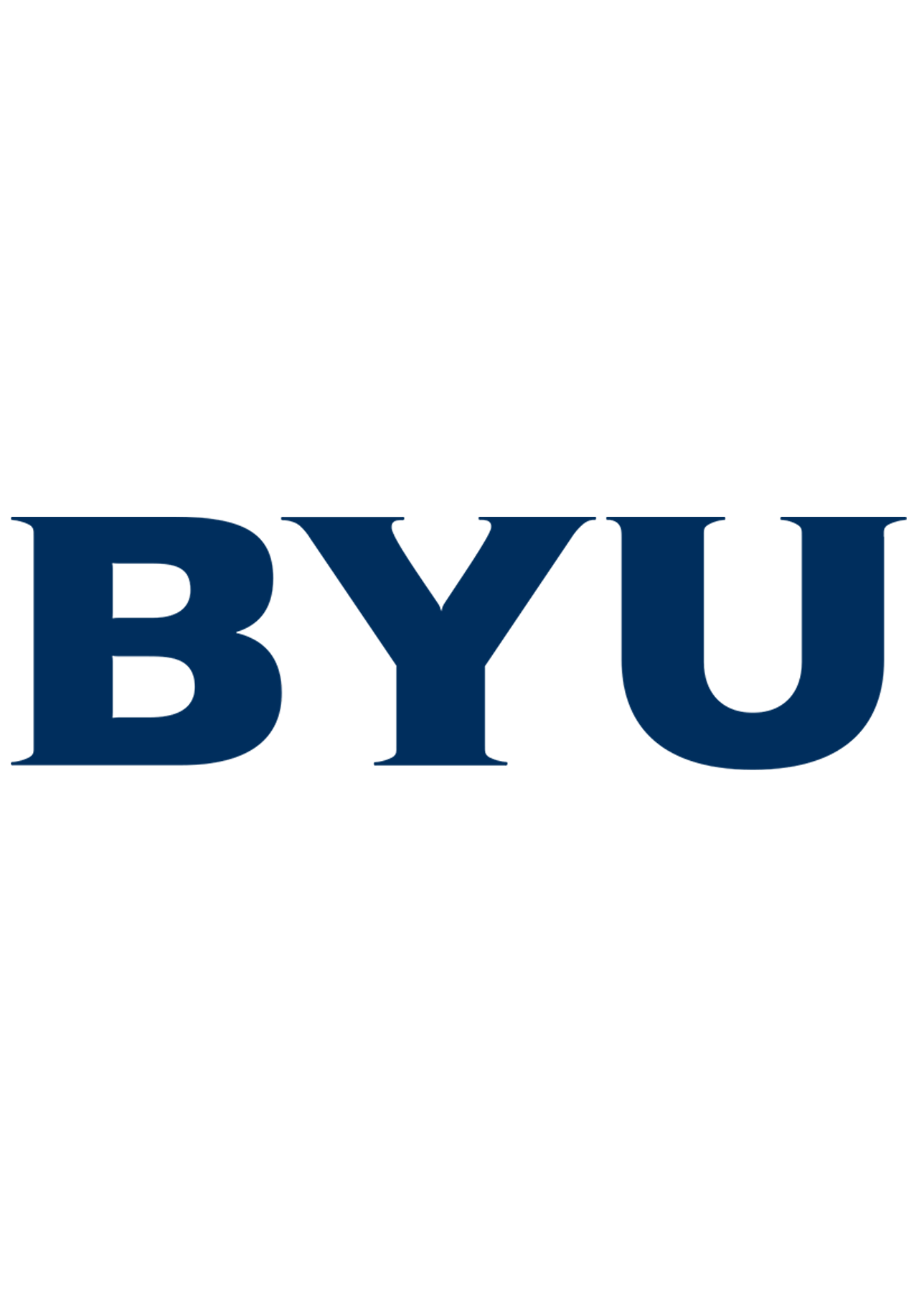
Brigham Young University
Intelligent Score: 85.99In-state: $5,970
Out-of-state: $5,970
In-state: $7,510
Out-of-state: $7,510
SAT: 1200-1410
ACT: 26-32
Member: $449 Non-Member: $907
On-Campus
Northwest Commission on Colleges and Universities
34
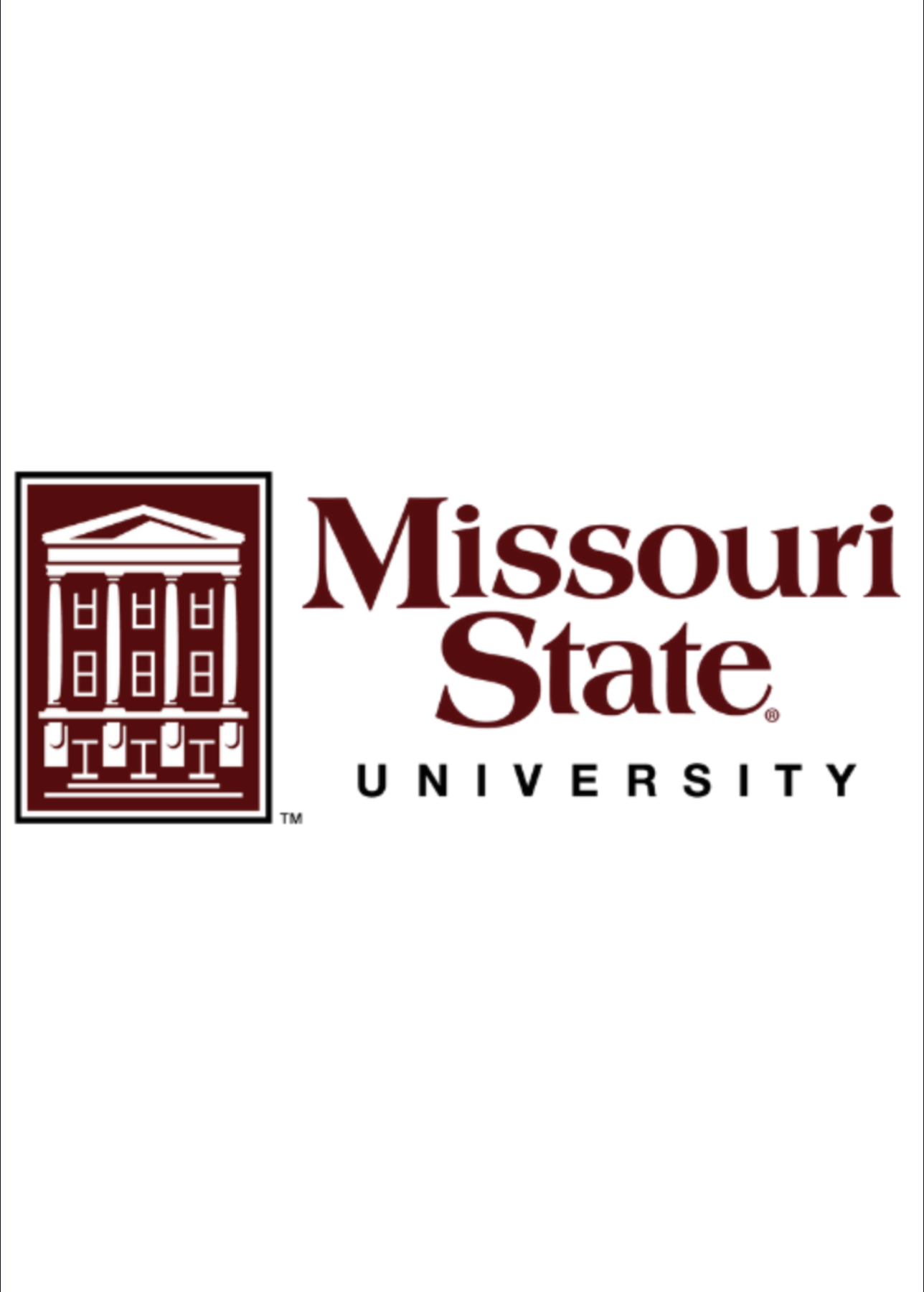
Missouri State University
Intelligent Score: 84.84In-state: $6,840
Out-of-state: $15,510
In-state: $5,436
Out-of-state: $5,436
SAT: 1020-1220
ACT: 21-27
In-State: $415
Out-of-State: $761
On-Campus
Higher Learning Commission
33

Ball State University
Intelligent Score: 84.31In-state: $9,482
Out-of-state: $26,470
In-state: $9,328
Out-of-state: $9,328
SAT: N/A
ACT: N/A
In-State: $451
Out-of-State: $1,233
On-Campus
Higher Learning Commission
36

Central Connecticut State University
Intelligent Score: 82.96In-state: $6,162
Out-of-state: $18,436
In-state: $7,674
Out-of-state: $7,674
SAT: 970-1150
ACT: 19-25
In-State: $809
Out-of-State: $825
On-Campus
New England Commission of Higher Education
33
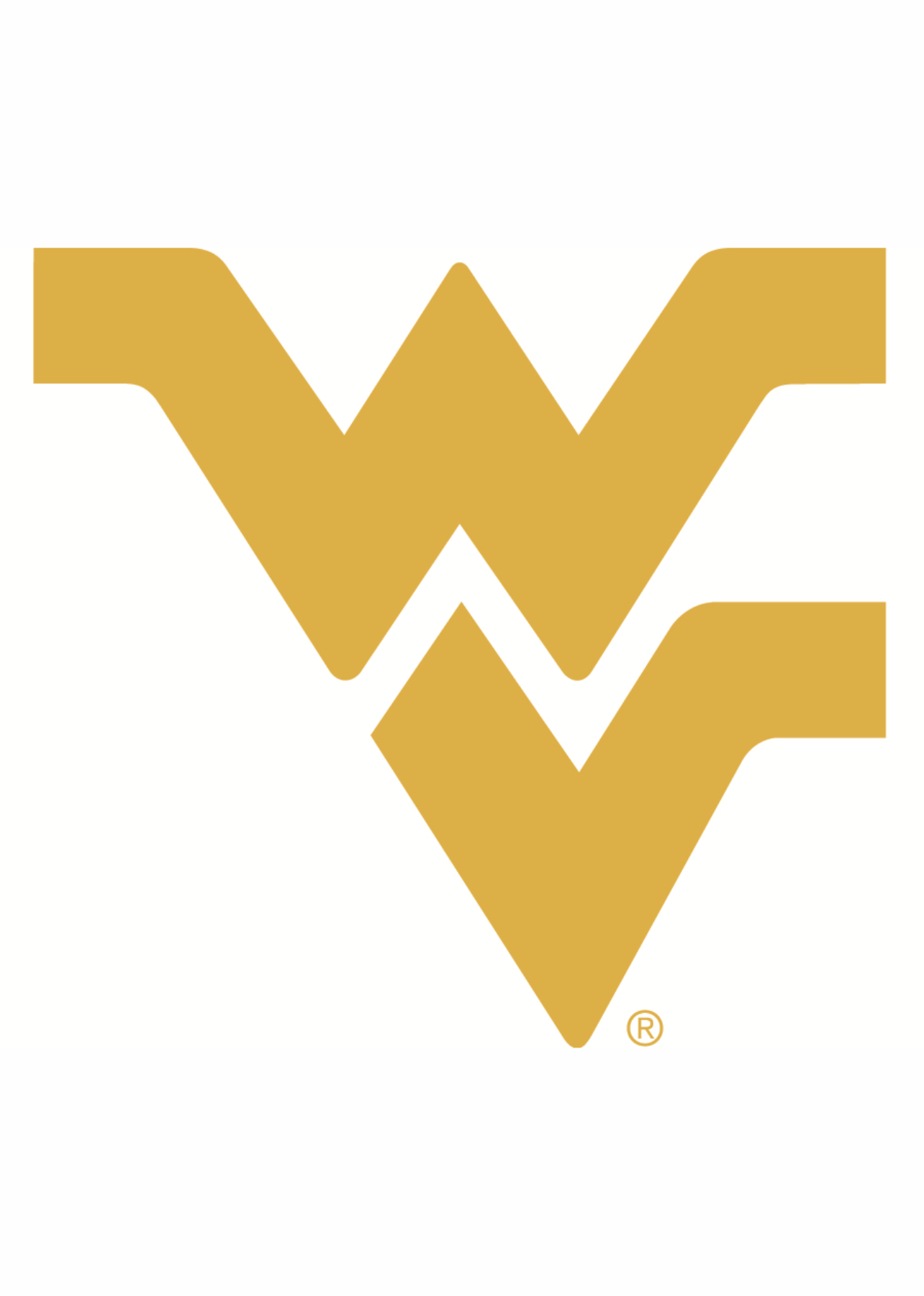
West Virginia University
Intelligent Score: 82.09In-state: $8,976
Out-of-state: $25,320
In-state: $10,134
Out-of-state: $10,134
SAT: 1030-1230
ACT: 21-27
In-State: $530 Out-of-state: $1,494
On-Campus, Online, Hybrid
Higher Learning Commission
30
How to Choose a Master’s in Communications Program
Choose your area of study
Selecting an area of study for a master’s in communications involves aligning your passion and career goals with specialized fields. Explore concentrations like public relations, digital media, or strategic communication. Reflect on your interests, whether in analytics, social media, crisis management, or cross-cultural communications. Research each area’s curriculum, faculty expertise, and industry relevance. Choose a concentration that resonates with your professional aspirations, allowing you to delve deeply into a specific aspect of communication and positioning yourself for success in a niche that aligns with your skills and interests.
Research schools and programs
When researching master’s in communications programs, start by evaluating the accreditation and reputation of potential institutions. Choosing a non-accredited institution may cost you in financial aid as well as institutional reputation. Examine faculty credentials, industry connections, and program offerings. Utilize reputable ranking sources to gauge program excellence. Consider class sizes, internship opportunities, and available resources. Connect with current students or alumni for insights into their experiences. Scrutinize admission requirements, including standardized test expectations. Investigate any unique features such as workshops, industry partnerships, or guest lectures. By conducting a comprehensive investigation, prospective students can make informed decisions, ensuring their selected program aligns with their career goals and provides a robust educational foundation in communications.
Prepare for tests and applications
To prepare for a master’s in communications program, focus on excelling in standardized tests like the GRE. Craft a compelling personal statement outlining your communication goals and achievements. Secure strong letters of recommendation that highlight your academic and professional capabilities. Familiarize yourself with the specific admission requirements of each program and ensure timely submission of all necessary documents. Practice for interviews, if required, and tailor your application materials to each institution. By diligently preparing for both standardized tests and comprehensive applications, you enhance your chances of securing admission to a master’s in communications program that best suits your needs.
Select your program
When selecting a master’s in communications program, align your career aspirations with program offerings. Evaluate concentrations, faculty expertise, and industry connections. Consider program formats — online or on-campus — based on your learning preferences. Investigate internship opportunities, practical experiences, and any unique features such as workshops or industry collaborations. Assess factors like class sizes, alumni networks, and the program’s overall reputation. Ensure the curriculum resonates with your professional goals, allowing you to specialize in areas that align with your interests. By selecting a program that offers a tailored and comprehensive educational experience, you position yourself for success in the dynamic field of communications.
Determine how you’ll pay for your degree
Determine how to fund your master’s in communications by exploring various financial avenues. Begin your search by filling out the Free Application for Federal Student Aid (FAFSA). Investigate scholarships, grants, and assistantships offered by the institution. Assess tuition costs and factor in additional expenses such as software, equipment, or residency fees. Explore federal and private student loan options with careful consideration of repayment terms. Consider part-time work or internships to supplement income. Engage with the financial aid office for guidance on merit-based aid opportunities and create a detailed budget to ensure a well-rounded financial plan.
What Can You Expect From a Master’s Degree in Communications Program
A master’s in communications program offers a comprehensive educational experience, equipping students with advanced skills to navigate the intricacies of contemporary communication landscapes. Expect a diverse curriculum covering strategic communication, media analytics, digital marketing, crisis management, and global perspectives. The program fosters critical thinking and creativity, emphasizing practical applications through real-world projects and industry collaborations. Students engage with emerging trends like data-driven decision-making and digital storytelling.
With a duration typically spanning one to two years, communication programs provide in-depth knowledge and hands-on experiences, preparing graduates for leadership roles in public relations, media management, digital marketing, and corporate communication. The immersive nature of the program ensures a transformative educational journey, enhancing communication expertise and positioning individuals as adept professionals in the dynamic field of communications.
Potential courses you’ll take in a master’s degree in communications program
- Strategic Communication Management: Focusing on effective communication strategies, this course explores the principles of strategic communication management. Students learn to develop and implement communication plans to address organizational goals and challenges.
- Media Analytics and Data-driven Decision Making: In the era of data-driven communication, this course equips students with analytical skills. Topics include media measurement, audience analysis, and using data to inform communication strategies.
- Digital Media and Social Media Marketing: Exploring the impact of digital media, this course covers social media marketing strategies, content creation, and analytics. Students gain practical insights into navigating the evolving landscape of digital communication.
- Crisis Communication and Reputation Management: Addressing the critical role of communication in crisis situations, this course delves into crisis management strategies and reputation repair. Students analyze real-world cases to develop effective crisis communication plans.
- Global Communication and Cross-cultural Perspectives: With a focus on global communication dynamics, this course examines cross-cultural perspectives. Students explore the challenges and opportunities of communicating in diverse cultural contexts, preparing them for international communications roles.
Master’s in Communications Degree Frequently Asked Questions
How do I apply to a master's in communications degree program?
Applying to a master’s in communication program involves thorough preparation. Research admission requirements, including standardized test expectations such as the GRE. Craft a compelling personal statement highlighting your communication goals and achievements. Secure strong letters of recommendation from academic or professional contacts. Familiarize yourself with specific application deadlines and submit all necessary documents, including transcripts and a well-structured resume. Tailor your application materials to each institution, showcasing your alignment with their program. If required, prepare for interviews and engage with admissions counselors for insights. By meticulously following application guidelines, you enhance your chances of securing admission to a master’s in communication program.
How much does a master's in communications degree cost?
The cost of a master’s in communications varies widely, influenced by factors like institution type, location, and program duration. Based on data from the National Center for Education Statistics, public schools are generally more affordable — tuition for public universities averages $12,394 annually, while the tuition for private nonprofit universities averages $28,445. Additionally, consider extra costs like software, equipment, and residency fees. Scholarships, grants, and assistantships can offset expenses. Thoroughly research program costs and explore funding options to make an informed decision aligning with your budget and educational goals.
How long does it take to earn a master's in communications degree?
A master’s in communications typically takes one to two years of full-time enrollment, offering an expedited yet comprehensive educational experience. The duration may vary based on program formats, with online options providing flexibility and part-time enrollment potentially extending completion timelines. The inclusion of internships, capstone projects, or thesis requirements can increase the overall program length. This relatively swift timeframe ensures graduates quickly acquire advanced communication skills, strategic insights, and practical experiences, positioning them for success in the dynamic and ever-evolving field of communications.
